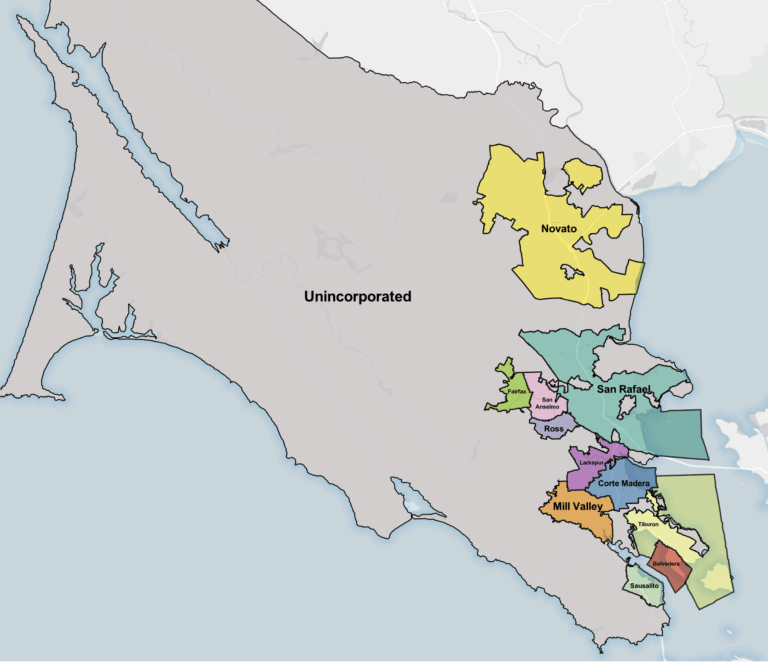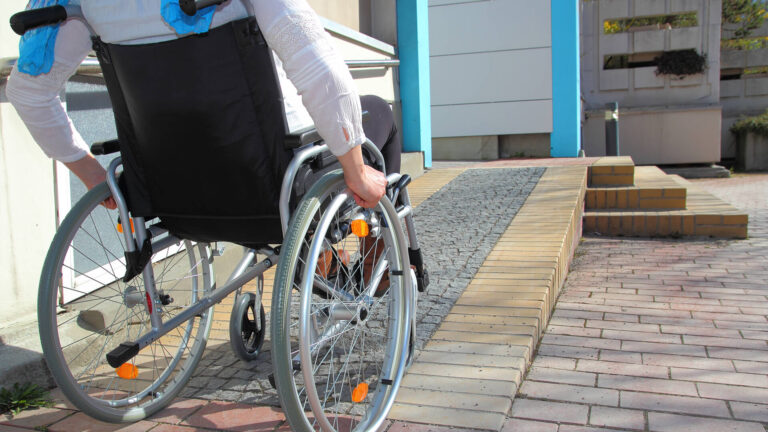Learn
One of MEHC’s core goals is to supply education and resources for those curious about all things affordable housing. The purpose of our “Learn” center is to provide easy access to educational recommendations, our monthly “Perspective” newsletters, and one-pagers. If you have a resource you wish to be added to the Learn center, please reach out to info@marinmehc.org.
You can view all of our Perspectives here. They are informational deep dives on a specific topic related to housing.
One-Pagers
Our MEHC one-pagers offer insight on a variety of housing issues. They are designed to be informational and concise.
- Top 14 facts about the Housing Crisis
- Combatting homelessness
- Environmental impacts
- Healthcare impacts
- Housing can solve traffic
- Housing needs for seniors
- Impact on education
- Racial equity impacts
Informational Videos
These videos were put together by Housing For All Marin, a coalition MEHC is a part of. Each video is an informational interview with a community member in Marin County, highlighting why we need more affordable housing so that everyone can call Marin home.
Educational Resources & News
Terner Center report: Reducing the Complexity in California’s Affordable Housing Finance System
This report outlines important information on the challenges affordable housing projects face in California when it comes to financing these projects. Read the report here. An excerpt: “The inclusion of one additional public funding source adds, on average, four months to the timeline of being able to start construction, and is associated with an increase…
Marin County Home Preservation resource
Habitat for Humanity, Greater San Francisco has opened up a Home Preservation program for Marin residents. This program offers low cost home repairs for things like new roofs, plumbing, window replacements, etc. Apply here for the program.

Marin Housing Elements Annual Progress Report Update
We are woefully behind on progress toward our housing goals Marin’s sixth 8-year Housing Element Cycle officially kicked off January 31, 2024. Every April, the county and each local city and town must publish an Annual Progress Report (APR) documenting progress toward achieving assigned housing goals (“RHNA,” or Regional Housing Needs Allocation). Marin, as a whole,…

Housing needs to be more accessible
Housing needs to be more accessible. Our communities deserve it. – Carmela Davis, Housing Specialist, MEHC The housing crisis is dire for everyone, but especially so for people with a disability Disability is the largest and most intersectional minority in the world. Did you know that an estimated 10% of Marin residents have a disability?…

West Marin faces major housing need
The Pt. Reyes Seashore settlement will cause loss of housing and employment for many farmworker families. – Agnes Cho, consultant and project manager,Community Land Trust of West Marin (CLAM) A West Marin community leader recently shared this comment with me: “In West Marin, finding housing is like winning a golden ticket.” Her offhand statement stuck with me, because…

Legal Update! New California Housing Laws in 2025
Written by Lucie Hollingsworth and Ethan Strull. Welcome back, all of you Marin housing policy wonks! While you were all paying more attention to the presidential race, state propositions, and our local tenant protections, our state legislators were dutifully busy pushing laws through to chip away at making California a more affordable and just place….

